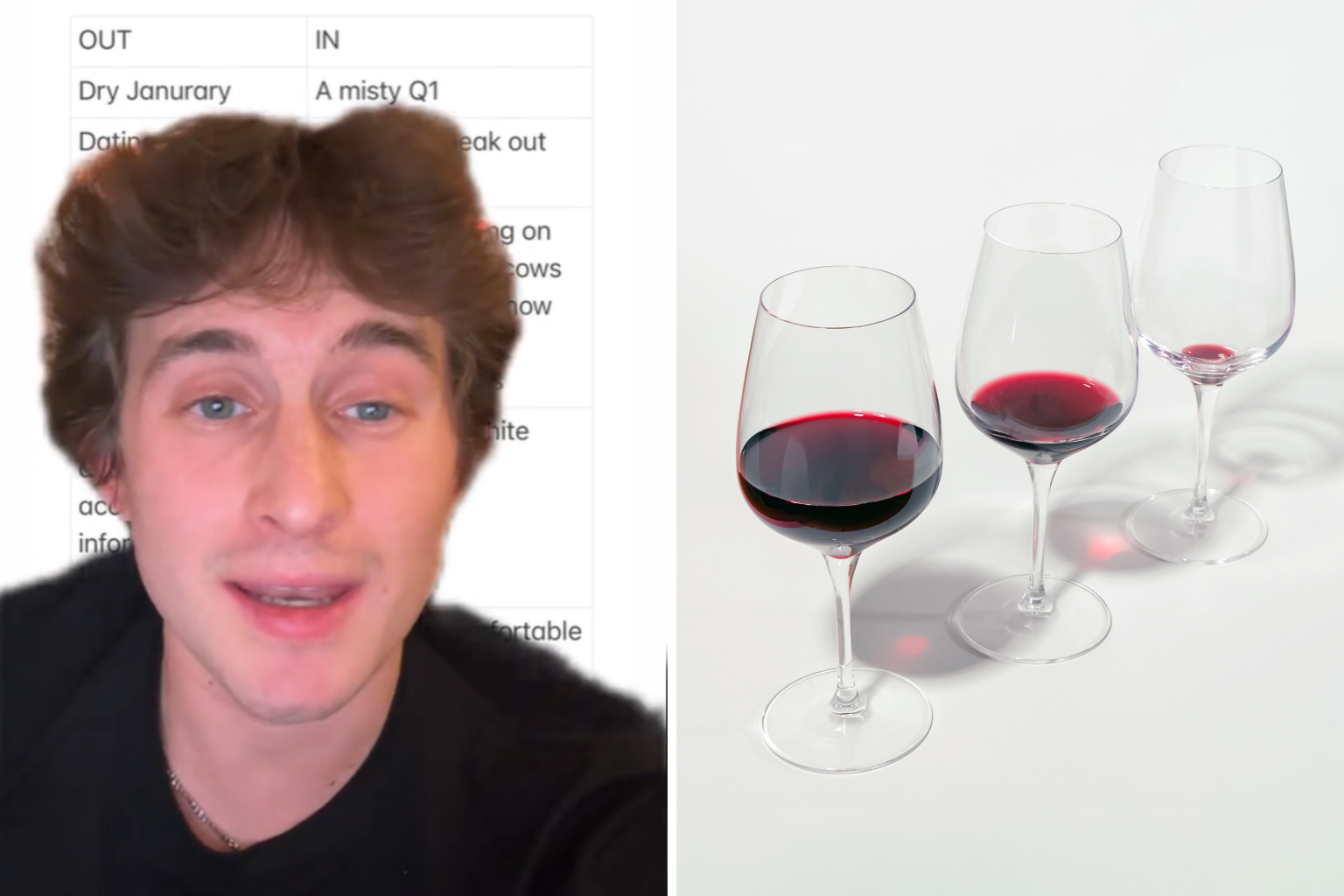The dawn of a new year often brings with it a wave of resolutions, and for many, Dry January, a month of complete abstinence from alcohol, has become a popular choice. However, a new trend, dubbed “Misty Q1,” is emerging as a more flexible alternative, suggesting that younger generations might be seeking a less rigid approach to moderating their alcohol consumption. Coined by comedian and writer Lukas Battle, Misty Q1 extends the concept of Dry January to encompass the entire first quarter of the year, but with a key difference: allowing for occasional “cheat drinks” in specific social situations. This nuanced approach aims to provide a more sustainable and less daunting path towards reducing alcohol intake without the pressure of absolute abstinence.
The genesis of Misty Q1 lies in the perceived rigidity of Dry January. While lauded for its health benefits and potential to reset one’s relationship with alcohol, the strict nature of the challenge can be a barrier for some. Battle argues that the “all-or-nothing” mentality can be off-putting, leading to feelings of failure and ultimately discouraging participation. Misty Q1, in contrast, offers a more forgiving framework, acknowledging the realities of social life and recognizing that occasional indulgences don’t necessarily negate the overall goal of reducing alcohol consumption. This shift in perspective aims to foster a more positive and sustainable approach to moderation, encouraging individuals to focus on the bigger picture of long-term health rather than fixating on momentary lapses.
The appeal of Misty Q1 lies in its emphasis on balance and flexibility. By permitting occasional drinks in social settings, it acknowledges the role alcohol often plays in social interactions and celebrations. This allowance removes the pressure of complete abstinence, making the challenge more approachable and less likely to lead to feelings of deprivation or social isolation. The extended timeframe of three months also contributes to the sense of manageability, allowing for a more gradual adjustment to reduced alcohol intake and fostering the development of more sustainable habits.
Battle’s creation of Misty Q1 reflects a broader cultural shift away from rigid self-improvement regimes towards more personalized and adaptable approaches. Rather than adhering to strict rules and regulations, the focus is shifting towards cultivating a more mindful and balanced relationship with oneself and one’s habits. Misty Q1 embodies this philosophy by encouraging individuals to find their own comfortable level of moderation, recognizing that a “one-size-fits-all” approach is rarely effective. This emphasis on individual autonomy and self-compassion resonates with a generation seeking more sustainable and holistic approaches to well-being.
The emergence of Misty Q1 also highlights the evolving relationship younger generations have with alcohol. While excessive drinking remains a concern, there’s a growing awareness of the potential health risks associated with regular alcohol consumption, even at moderate levels. This awareness, coupled with a desire for greater control over their health and well-being, is driving a shift towards more mindful drinking habits. Misty Q1 aligns with this trend by offering a flexible framework for reducing alcohol intake without requiring complete abstinence, making it a more appealing option for those seeking a less extreme approach.
In essence, Misty Q1 represents a more nuanced and pragmatic approach to moderating alcohol consumption. By extending the timeframe and allowing for occasional indulgences, it removes the pressure and rigidity associated with Dry January, making it a more accessible and sustainable option for individuals seeking to reduce their alcohol intake. This shift reflects a broader cultural movement towards more flexible and personalized approaches to health and well-being, recognizing that lasting change is often best achieved through gradual adjustments and self-compassion rather than strict adherence to rigid rules.

